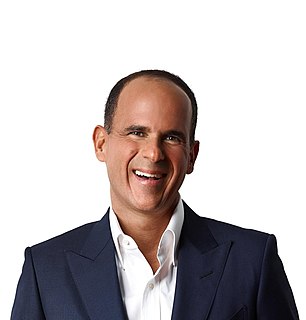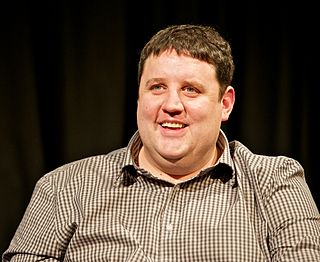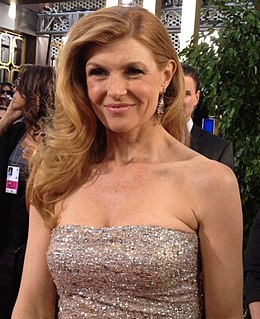A Quote by Raveena Tandon
One thing that really gets on my nerves is people spitting on the streets! I fail to understand whether they are just plain uncivilized or uninformed about how the act only helps in spreading diseases.
Related Quotes
It's not a matter of how much you know or can define, or how many millions of mantras or thousands of prostrations you have done, or how many months of wangs you've attended. The important thing is whether or not the mind is really changing, whether our negative emotions are really coming under control, whether we are really beginning to understand ourselves, whether our mind is really improving, and whether in our hearts there is genuine love and caring for other people.
The great thing about 2017 is that, because of the terrible political state that we're in and that America is in, young people are so vocal at the moment about so many issues, from racism to LGBT rights to beyond. I feel like - especially when I look at my fan-base - people are so vocal about their opinions and so vocal about spreading love. That's really important, and I think it's really amazing that people are talking about that. I just want that to keep happening.
Maybe the truth does not matter, but I want to know it if only so that I can come to some conclusions about such questions as: whether he is angry with me or not; if he is, then how angry; whether he still loves me or not; if he does, then how much; whether he loves me or not; how much; how capable he is of deceiving me in the act and after the act in the telling.
When you watch the way some of the commentators talk about this, it makes it seem as if people are crossing the border every second. How much money have we spent on the border? Why? And who's really exploiting whom?" And then he gets quiet. But I think just airing these out and having a face-to-face conversation about it helps both of us internalize what the conversation is really about. I don't think we have that in the public sphere.



































